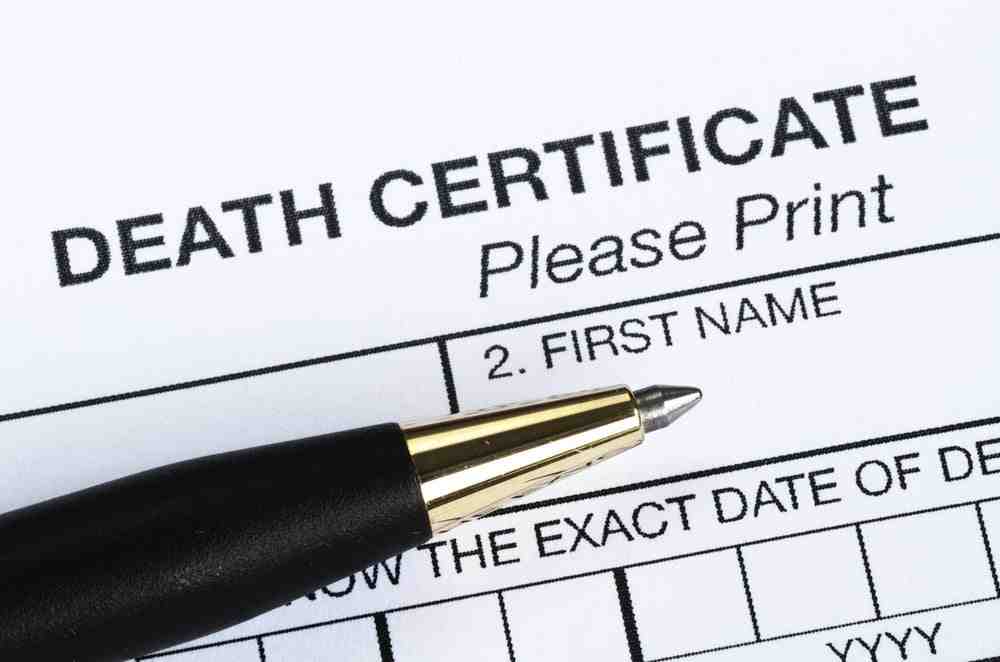What is a Death Certificate Used For?
A death certificate is a document produced by the state government for when someone passes away. The Registry of Births, Deaths and Marriages in each state records all deaths that occur. A death certificate is different to the cause of death certificate provided by a doctor at the time of death.
You will require a loved one’s death certificate for a variety of legal and financial reasons. It can take time to receive the certificate from the state registry depending on the circumstances of the death. Occasionally, you may be issued an interim certificate while the state coroner undertakes any necessary investigations.
How a Death Certificate is Completed
A death certificate is normally completed with the assistance of a funeral director you choose. Legislation requires basic information for the issue of a certificate including the deceased’s:
- Full name
- Date of birth
- Place of death (full address of hospital or residence)
- Residential address
- Occupation during working life
- Place of birth (city and country)
- Parents’ names and occupations, including mother’s maiden name
- Marital status at time of death
- All marriages (place of marriage, full name of spouse, age at the time)
- Children’s names, dates of birth and ages
- Place of burial or cremation
- Religion (if applicable).
Your funeral director will gather this information then register the death after the funeral has taken place. A death certificate generally requires the signature of a medical professional (e.g. a physician, coroner or medical examiner) who will certify the cause of death, time of death and identity of the deceased and the funeral director, who will confirm the body was properly handled.
When a Coroner is Involved
A death must be reported to the state coroner if the death has occurred unexpectedly,
as a result of violent, unusual, unnatural or unknown causes, within 24 hours of being discharged from a hospital or after seeking emergency medical treatment. The coroner may first complete a preliminary investigation, issue an interim death certificate then make findings about the cause of death or hold an inquest to obtain further information. Depending on the circumstances of death, a final death certificate may be unavailable for 12 months or longer.
When dealing with the assets of your loved one, insurance policies (such as life insurance, superannuation, mortgage or credit card insurance) may withhold paying out policies until a final death certificate has been released. This can cause significant delays when dealing with the estate. This can be distressing for families and create financial difficulties in some circumstances. Some funeral directors may be able to alleviate this stress by offering payment plans.
Experienced Funeral Directors in Western Australia
If you need to plan a funeral in Western Australia, Hetherington Funerals can help you. For more information or advice, please contact us on (08) 9459 2846, submit an enquiry on our contact page or look at our funeral services here.

